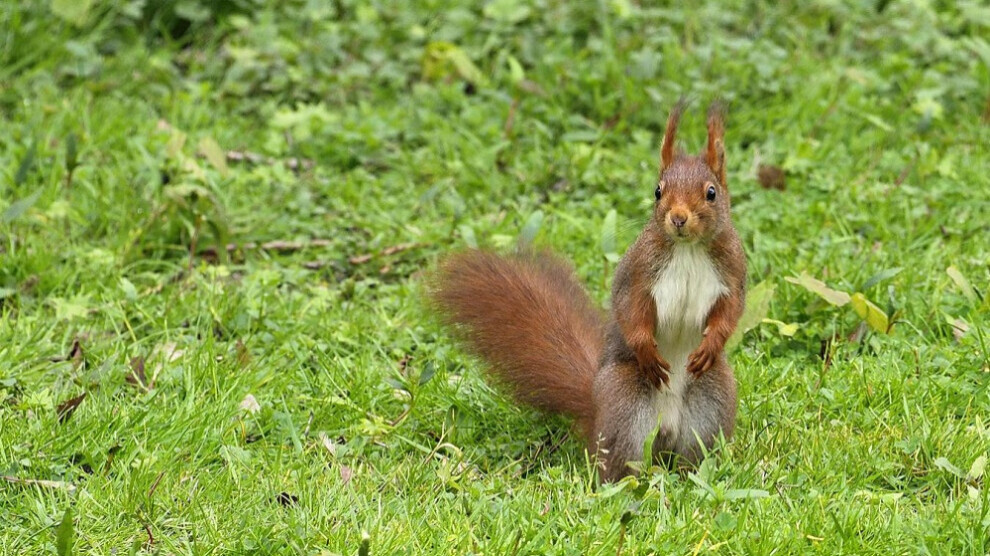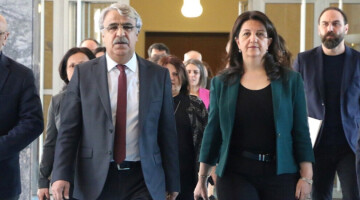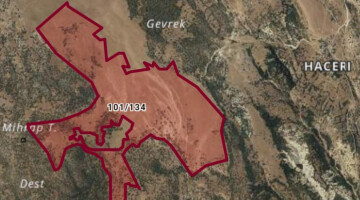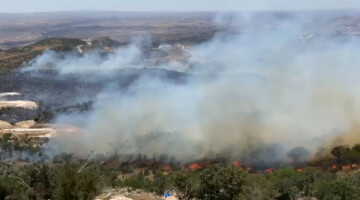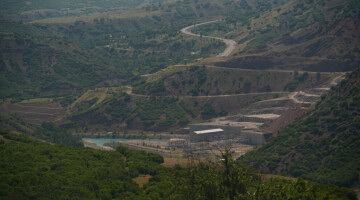A majority of EU wide protected species, such as the Saker Falcon and the Danube Salmon, and habitats from grasslands to dunes across Europe, face an uncertain future unless more is urgently done to reverse the situation, according to the EEA report “State of nature in the EU — Results from reporting under the nature directives 2013-2018 ”. The EE report is published simultaneously with the European Commission’s State of Nature report, informing about the progress made in reaching the aims of the EU’s nature legislation.
The EEA report shows positive developments in conservation efforts. Both the number and area of sites protected under the Natura 2000 network have increased over the last 6 years and the EU met the global targets with around 18 % of its land area and nearly 10 % of marine area protected.
However, the overall progress is not enough to achieve the aims of the EU Biodiversity Strategy to 2020. Most protected habitats and species have either a poor or a bad conservation status and many of them continue to decline, according to the EEA assessment. Of the three main groups studied, habitats and birds lag particularly far behind while the group of non-bird species nearly met its target.
Commissioner for the Environment, Oceans and Fisheries Virginijus Sinkevičius said: 'This State of Nature assessment is the most comprehensive health check of nature ever undertaken in the EU. It shows very clearly that we are still losing our vital life support system. As much as 81 % of habitats at EU level are in poor condition, with peatlands, grasslands and dune habitats deteriorating the most. We urgently need to deliver on the commitments in the new EU Biodiversity Strategy to reverse this decline for the benefit of nature, people, climate and the economy.'
'Our assessment shows that safeguarding the health and resilience of Europe’s nature, and people’s well-being, requires fundamental changes to the way we produce and consume food, manage and use forests, and build cities. These efforts need to be coupled with better implementation and enforcement of conservation policies, a focus on nature restoration, as well as increasingly ambitious climate action, especially in the transport and energy sector,' said Hans Bruyninckx, EEA Executive Director.

